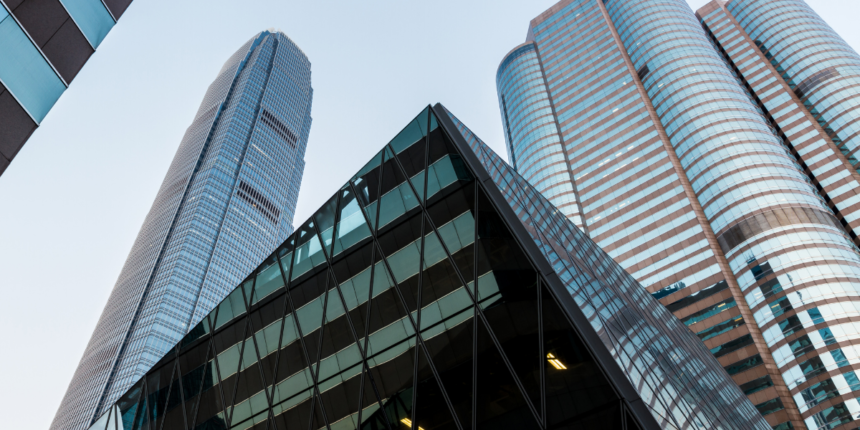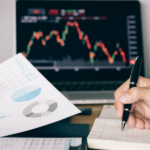Accell Group, based in Heerenveen, the Netherlands, is taking decisive action to improve its financial standing. The bicycle manufacturer, known for its diverse range of bikes and cycling accessories, plans to cut down its corporate debt significantly. Through an agreement with its financial stakeholders, Accell aims to reduce debt by approximately €600 million, bringing it down from €1.4 billion to around €800 million. This restructuring is part of a broader strategy to ensure a more secure financial future for the company, allowing it to focus on innovation and growth.
In recent years, Accell Group has faced financial challenges following its acquisition by Kohlberg Kravis Roberts & Co (KKR & Co) in a deal valued at €1.56 billion. This acquisition, however, did not prevent financial setbacks, with the company’s revenue falling from €1.43 billion in 2022 to €1.3 billion last year, and EBITDA declining sharply from €140 million to €12 million. The reduced demand for bicycles and excess inventory, exacerbated by the COVID-19 pandemic, contributed to these financial difficulties.
What led to Accell’s decision?
The decision to recapitalize comes as a necessary move to address Accell’s financial instability, which has been exacerbated by fluctuating market conditions and internal challenges. The transaction is intended to create a financial structure that supports the company’s long-term goals and strategies. This includes increased cash flow and the ability to invest in new product lines and market expansion.
How will Accell implement the recapitalization?
Accell plans to finalize the recapitalization by early Q1 2025, using either a contractual or court process for approval in the UK and the Netherlands. The necessary stakeholder consents have been secured, ensuring a smooth transition. This recapitalization will not only reduce financial liabilities but also provide an additional €235 million in cash funding. The restructured debt will mature in 2030, giving the company ample time to leverage new opportunities.
Over the past year, Accell has focused on cost reduction and efficiency improvements to enhance its competitive position. The company has streamlined its operations and optimized its manufacturing footprint to boost productivity. By normalizing inventory levels and launching new models like Koga EF3 and Sinus FS, Accell aims to strengthen its market presence. The long-term positive trends in the biking industry present significant opportunities for Accell’s brands to thrive and expand.
Accell Group, known for its brands like Haibike, Winora, Ghost, and others, continues to innovate in the cycling industry. The company’s commitment to developing new models and expanding production reflects its dedication to maintaining a strong market position. Accell’s focus on sustainability and strategic growth indicates a promising outlook for its future operations.
Long-term financial stability is crucial for Accell Group to sustain its growth and competitive advantage. With a revised capital structure and improved liquidity, the company is well-positioned to implement its One Accell strategy. By focusing on innovation and agility, Accell can adapt to market changes and capitalize on emerging opportunities. The company’s proactive approach to restructuring its finances demonstrates confidence in its business model and strategic direction.










